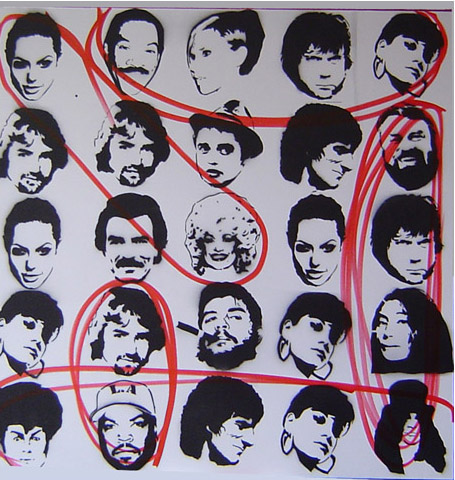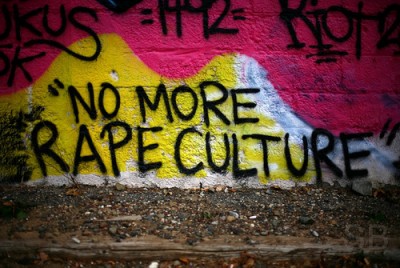
Content Note: This posts discusses various forms of transmisogyny and TERFs
On Tuesday, Lisa Wade posted a piece to the Sociological Images blog, asking some important questions about drag- Is it misogynistic? Should it be allowed in LGBT safe spaces? How can pride organizers enforce drag-free pride events, if such an idea is useful? The good news is that many of these questions are already being asked in some circles. The bad news, is that outside of these circles –where specifics are unknown and the cis experience takes centre stage– such questions can lead to some harmful conclusions. more...









